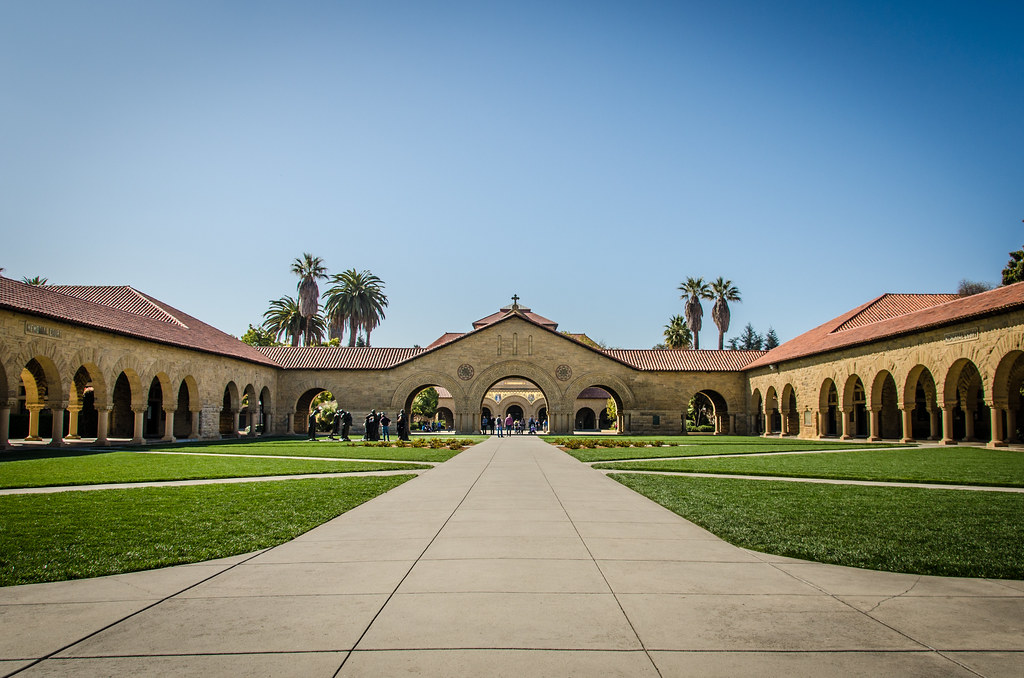California is set to become the fifth state in the United States to ban universities from accepting students based on their “legacy” status. This is a fair response post-elimination of affirmative action programs.
The state’s law will ban admissions offices from participating in legacy admissions, or “favoring applicants whose family members are graduates of or are significant donors to the school.” Many also believe that the practice favors the wealthy and often results in a less diverse student body.
It started with the Supreme Court decision in Students for Fair Admissions v. Harvard University. The Supreme Court struck down affirmative action due to race-based discrimination. Many believe this gives ground for legacy admissions to be scrutinized by the exact same reasoning.
This response makes a lot of sense. It just doesn’t seem right that affirmative action causes minorities who get into elite colleges to be looked down upon, while legacy admissions, which media outlets have dubbed “affirmative action for rich kids,” never get the same notoriety.
Since then, other states, including Colorado, Maryland, Virginia and Illinois, have passed laws to try and put an end to legacy admissions. California is the newest state to follow this pattern.
“Equal opportunity is the name of the game here. Everyone should be considered fairly,” Phil Ting, the assemblymember who wrote the legislation, said in a statement. “Hard work, good grades and a well-rounded background should earn you a spot in the incoming class — not the size of the check your family can write or who you’re related to.”
According to Forbes, “at many of these colleges, three-quarters or more of the legacy applicants receiving acceptances are white.” Additionally, a nonprofit group, Lawyers for Civil Rights, claimed that legacy students are about seven times more likely to get into Harvard and can make up almost a third of a class.
While legacy admissions do not specifically say that they are favoring certain races, the results clearly show that these practices are indeed contributing to discrimination against non-white students, especially when the removal of affirmative action is considered.
If students of color can’t receive advantages, then why should applicants with legacy ties receive them?
“Legacy and donor preferences are a recipe for aristocracy, not justice,” Ryan Cieslikowski, a Stanford alumnus and the lead organizer at Class Action, an organization that is working to remove inequitable admissions processes, said in a statement. He added that the law “is a critical first step toward ensuring that California’s most selective colleges do not further tip the scales in favor of those who already enjoy the most privilege.”
Legacy admissions are inherently unethical and would perpetuate the cycle of privilege. College admissions should be based on merit, the student’s statistics and accomplishments. Keeping legacy admissions would send a message to students that colleges value money and connections over merit.
With the momentum from California’s law, some are hoping that this will lead to more change.
Massachusetts seems to be the next state to potentially outlaw legacy admissions. According to Lawyers for Civil Rights, Massachusetts State Senator Lydia Edwards recently introduced a bill that would replicate California’s.
For now, it’s likely that wealthy, well-connected families will continue to find other ways to gain an edge in the ultra-competitive college admissions process. However, California finally banning legacy admissions is a good first step to ensuring that college admissions are more fair.








